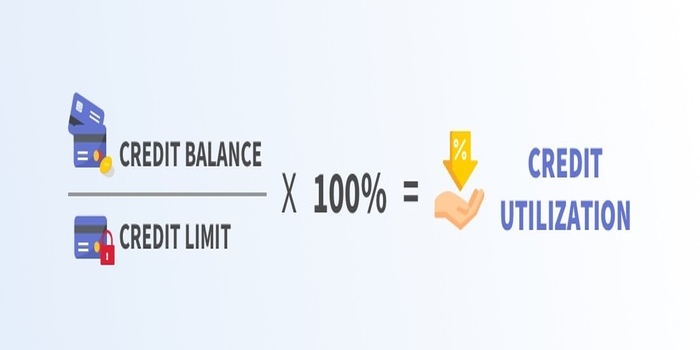One definition of a savings account is a deposit account with a bank or other financial organization that earns interest on the depositor's money. While the interest return on these accounts is often low, they are a safe and reliable place to save money for immediate needs.
Although there may be restrictions on how often you withdraw money from a savings account, these accounts are quite versatile. They can be used for anything from setting aside money in case of an emergency to saving up for a short-term goal like a car or a trip.
How Bank Savings Accounts Operate

Banks and other lending organizations get a significant portion of their capital from customers' savings and deposit accounts. That's why you can open a savings account at literally any bank or credit union, whether they have physical locations or exist online.
Some trading and financial businesses also offer savings accounts. Rates of interest on savings accounts are not constant. Banks and credit unions can adjust their rates anytime, except for promotional offers that guarantee a set rate until a specified date.
A rate's volatility increases in proportion to the degree to which it differs from those of competitors. Any movement in the federal funds rate can cause banks to change their deposit rates.
Benefits of Having a Savings Account

A savings account is a type of deposit account that is kept apart from a person's regular checking account, allowing them to set aside money for emergencies or save up for a specific purpose.
Moreover, your funds will be safer at the bank than on a mattress or sock drawer, thanks to the bank's security procedures and the Federal Deposit Insurance Corporation's (FDIC) protection against bank failures.
It's better to put any extra money into a savings account where it can grow interested than to let it sit in a checking account where it will earn next to nothing.
Consequences of Having a Savings Account
A savings account's convenience and security come at the cost of lower returns than those offered by riskier investment options. If you have a long enough time horizon, you may earn a better return by investing in stocks and bonds or buying and holding certificates of deposit or Treasury bills.
Therefore, a lost opportunity cost is associated with using savings accounts for long-term savings. A savings account's liquidity is a major perk, but it may also be a drawback if you're tempted to squander your assets because of how easily accessible they are.
Tips for Getting the Most Interest on Your Savings
Many smaller financial institutions and credit unions offer substantially greater interest rates on savings accounts than larger banks. You may find some of the best savings account rates with online banks.
Online-only banks have lower operating costs than traditional ones since they don't have to maintain as many physical locations. The key is shopping around, beginning with your current checking account institution.
If your current financial institution's savings account rate is low, you may use it as a benchmark to determine how much interest you could be earning elsewhere. It's important to know any account features that can pop up as you compare different rates
Tips For Creating a Financial Reserve
To open a savings account, you can go to any branch of your chosen bank, credit union, or online to those who provide such a service. Besides a valid identification, we will need to know your full name, mailing address, and contact number. You'll need to give your SSN since this account generates taxable interest.
You may need to put down a certain amount of money when you create an account at some financial institutions. For others, you can initiate account creation before making any deposits.
Setting a Goal for Your Savings
Your savings goal(s) or intended use(s) will determine how much money you should put away. You should expect a fluctuating balance if you link your checking account to your savings account and have it automatically transferred over overdrafts.
Instead, suppose you've designated your savings as an emergency fund. In that case, you should have enough money saved to meet your costs for three to six months if you lose your job, become sick, or experience some other crisis that significantly reduces your income.
The Verdict
The easiest way to generate interest on your savings is by putting them in a savings account. They are similar to checking accounts in that money may be deposited and withdrawn easily, but they pay more interest. Rates on savings accounts, however, are substantially lower than those of other assets and fail to keep up with inflation.




